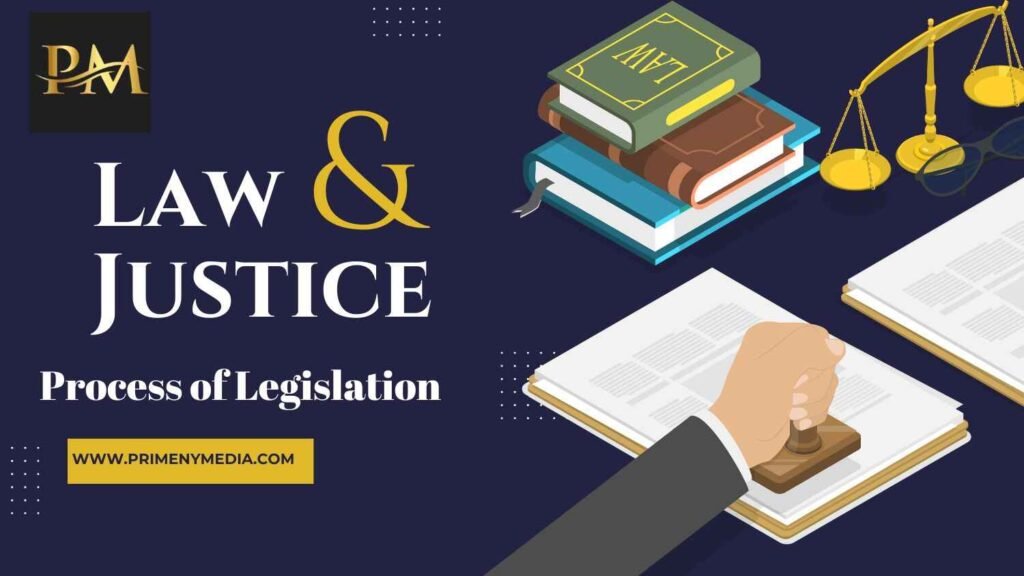Thus, it is challenging to define the conflict between the forces that generate a law or legislation as being between wisdom and authority in the sphere of law and government. Last, T. Tymoff is a noted legal writer. He has also shared his idea on the subject. In his view, the subject is not wisdom but authority ruling over laws that command society. This article is dedicated to proving this thesis. It will also review the origins of legal authority and the use of wisdom in legislation. Let us know about It is not Wisdom but Authority that makes a Law. T – Tymoff.
It is not Wisdom but Authority that makes a Law. T – Tymoff
One of our legal system’s key features is authority and It is the main factor that gives laws their basis. This force that is usually granted through constitution, law or public opinion acts as the legal foundation to the regulation of society. Authority creates the idea that laws are enforceable commands. They have real stakes for noncompliance.
This concept is very important. It is the foundation of all laws. It gives the state the power to punish, tax, and control in a certain area. Still, the source and the exercise of the legal authority cause controversy. This is especially true for their link to the moral and ethical parts of making laws.
Wisdom in Law-making
This is the reason why in legislative creation, the search for wisdom is secondary to many other factors that are considered. The object of what pertains to wisdom considerably differs from one person to another as well as from one culture to another. So, the desire to base laws on pure intelligence clashes with politics. Major decisions tend to result from the self-interest of the ruling parties, social expectations, and profit.
This situation makes it hard to have non-urgent legislative processes. It’s in contrast to having the best long-term goals. In this scenario, it gets hard for lawmakers to make wise laws. Such laws would be accepted everywhere. But, this goal is often impossible. The interests depend on each other. They often conflict. This makes it hard to add wisdom to the legal system. It shows the hard and hidden work of gaining wisdom in governance.
Power Relations and Authority in the Process of Legislation

The relation between lawmaking authority and power in the legislative process is intricate. The legal right to make laws exists alongside societal influences and control mechanisms. Decision making and legislative endeavors of the people in authority are not immune to the power relations.
Many people know that power comes from money, high social rank, or political connections. It can easily change laws to favor specific groups. This scenario puts into perspective the nature of legislation. It should embody ethics and a perception of the community. But, it ends up promoting the interests of the elite. It’s critical to look at power in making laws. The use of power in the process may trump the goal of fair laws. This relationship would thus help tackle inequality. It would do so in the making of laws and in giving authority for the public good.
When Might Trumps Right
Authorities through the ages can easily outshine the light of wisdom especially when they are formulating laws. These cases show the problem with having authority that lacks wisdom. It’s a problem with the law. The law creates more inequality, injustice, and harm in society.
How does Legislative power and authority work?
When we work on how authority and power work in politics, a surprising picture emerges. Power often deals with the people who have it and ensures that the law is followed. Power can be acquired in many ways through wealth, society, or connections in government. Laws can be changed to favor certain groups over the common good when people have so much power. The law would show how if the world were perfect, everyone would be moral and intelligent. However, they often do what the powerful want. It’s even more important to look at how people are exercising their power now.
Implementing Accountability Mechanisms
It is for this reason that accountability measures act as if to remind authorities of their social responsibility. Using tools like impact assessments and performance evaluations can decrease power’s dominance. They are moderated by independent entities. They can help make laws with wisdom and justice in mind.
Promoting Inclusive Representation
Integration of the groups within the legislative assemblies adds diversity in matters of law making. This is likely to contribute to the formulation of laws that are fair to all individuals of all classes.
Thus, societies can work to establish this balance and It puts will and power into every law-making process. It makes laws rational and fair also, The quote is: “It is Not Wisdom But Authority That Makes a Law.” It constantly affirms that, despite needing authority, it should have wisdom. They should set up authority in a balanced way.
Conclusion
In conclusion, listening to the mix of different opinions, one can say that T. Tymoff focuses on authority, not wisdom by saying It is not Wisdom but Authority that makes a Law. T – Tymoff. It is based on constitutions, laws, and people’s views and It is the foundation of laws and regulation. But, the main problems come from the chance of conflicting self-interest.
Political power is also a factor that shapes laws and legislation processes. This power comes from money, social class, and politics. This imbalance supports the calls for accountability. It shows how the law-making authority’s power is balanced with needed fairness.
ALSO READ ABOUT:
